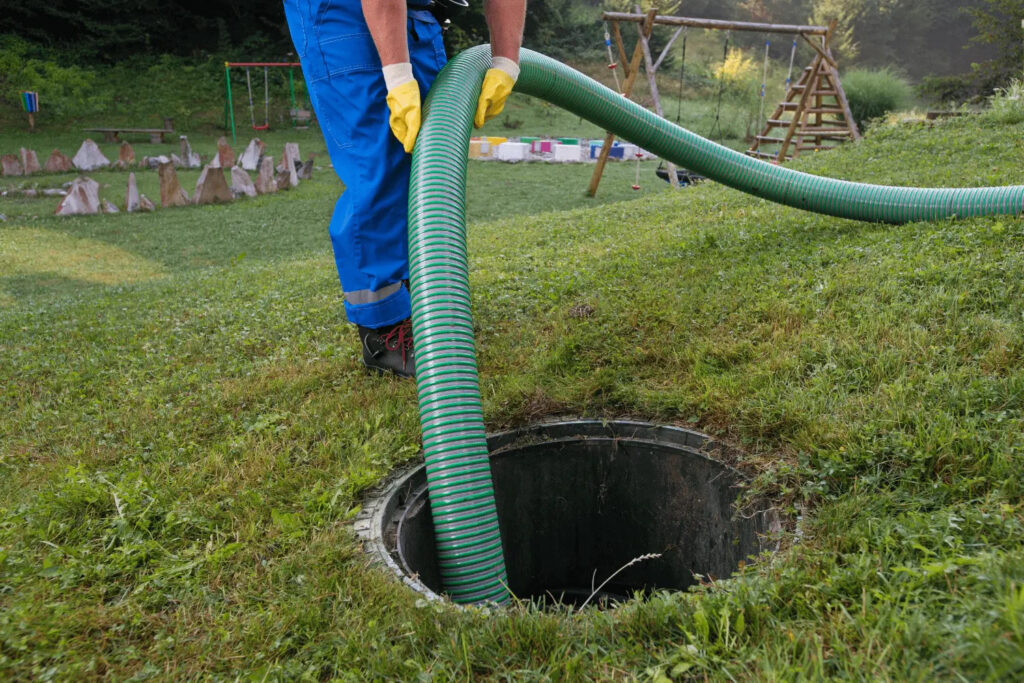
If you’re a homeowner with a septic system or considering purchasing a property with one, understanding how these crucial systems work is essential. In this guide, we’ll break down everything you need to know about residential septic systems, from basic operation to maintenance costs.
What Is a Septic System?
A septic system is a self-contained, underground wastewater treatment structure typically used in homes that aren’t connected to municipal sewer systems. Think of it as your personal sewage treatment plant that naturally processes and filters all the wastewater from your home.
How Does It Work?
Your septic system consists of two main components:
- Septic Tank: A watertight container buried in your yard that receives all wastewater from your home
- Drain Field: A shallow, covered area in your yard that filters the treated water
The process is surprisingly simple:
- Wastewater flows from your home into the septic tank
- Heavy solids settle at the bottom (forming sludge)
- Lighter materials float to the top (creating a scum layer)
- The clear water in the middle flows into the drain field
- Natural filtration occurs as the water percolates through the soil
Costs Every Homeowner Should Know
Installation Costs
- Complete system installation: $3,000-$25,000+
- Factors affecting cost:
- Property size
- Soil type
- Tank size
- Local permits and regulations
- Labor costs in your area
Maintenance Costs
- Regular pumping (every 3-5 years): $300-$600
- Annual inspection: $100-$200
- Filter cleaning: $100-$150
- System repairs: $500-$2,500 (depending on issue)
Essential Maintenance Tips
Regular Pumping
- Schedule regular pumping every 3-5 years
- More frequent for larger households
- Keep detailed records of service dates
Professional Inspections
- Annual inspections recommended
- Check for:
- Tank levels
- Pump condition
- Drain field health
- Potential leaks
Daily Care
- Conserve water
- Fix leaky fixtures promptly
- Don’t flush non-biodegradable items
- Avoid harsh chemicals
Red Flags to Watch For
- Slow-draining fixtures
- Gurgling pipes
- Sewage odors
- Wet spots in yard
- Unusually lush grass over system
- Backing up of water in drains
Buying a Home with a Septic System? Then Consider:
- Requesting maintenance records
- Getting a professional inspection
- Verifying system age and size
- Checking with local regulations and sewer authorities
- Factor maintenance costs into your budget
Environmental Benefits
- Naturally filter water
- Replenish groundwater
- Reduce environmental impact
- Eliminate need for municipal infrastructure
When to Call a Professional
The key to a healthy septic system is regular maintenance and mindful usage. If you’re ever in doubt, don’t hesitate to contact a licensed septic professional, especially if you notice:
- System backing up
- Strong odors
- Standing water
- Slow drains throughout house
- Bright green grass over drain field
Conclusion
While septic systems require more attention than public sewer connections, they’re reliable and environmentally friendly when properly maintained. Being informed about your septic system and staying proactive with maintenance will help avoid costly repairs and ensure your system’s longevity.